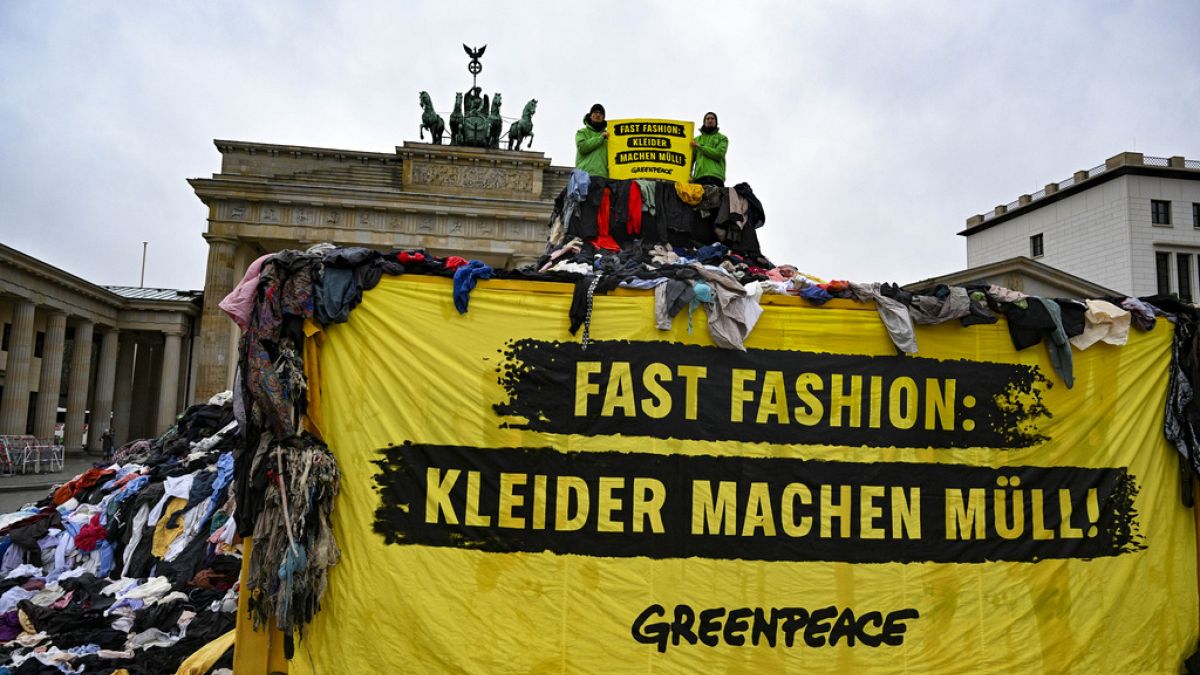#FashionChecker: Calling for a living wage for garment workers and a more transparent supply chain

The European Union is committed to making value chains in the garment sector more sustainable and is supporting a broad range of initiatives to promote decent work and reduce vulnerabilities for garment workers across the world.
Read about what the EU is doing for a more sustainable garment sector here and the EU’s Ethical Fashion Initiative here.
An estimated 60 million workers power the billion-Euro global garment industry. The majority of these workers work in indecent conditions, for long hours and for wages that do not cover the basic cost of living.
80% of these workers are women.
Research carried out by the Clean Clothes Campaign remarkably shows that no major clothing brand is able to prove that workers making their clothing are paid a living wage in Asia, Africa, Central America or Eastern Europe.
All workers in a supply chain should have a right to a living wage.
Fashion Checker has been launched to shine a light on the working conditions being faced by garment workers, giving consumers, garment workers and other stakeholders access to real data from the supply chains of the worlds’ biggest brands.
Related
Scotland’s biggest landowner is fashion brand billionaire
A European fashion tycoon is the biggest landowner in Scotland—and perhaps even the UK. Danish billionaire Anders Holch Polvsen named the Highlands' richest
EU targets food and fast fashion in new war on…
Polish presidency of the EU Council announced breakthrough in early hours after marathon overnight talks on food waste reduction targets and measures t
Fashion must-haves for your spring semester in Europe
Preparing to study abroad can be incredibly intimidating. With all the emotional turmoil you’ll face in the weeks prior, the last thing you�
Worldview: Ukraine’s Adaptive Fashion for the War Wounded
🇺🇦 Ukrainian Fashion Week presents adaptive clothing for combat injuries. More than 40 fashion brands presented their latest collections at Ukrainian Fash











